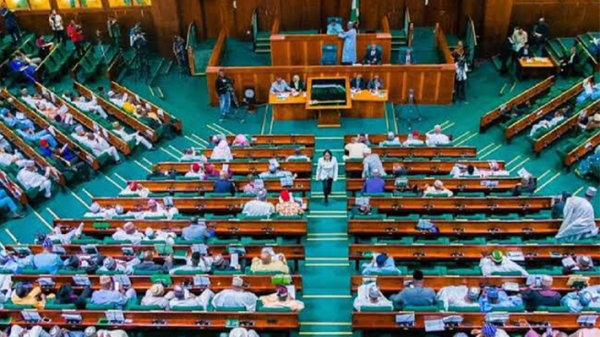The company responsible for the $1.5 billion rehabilitation of Nigeria’s Port Harcourt Refinery has issued a statement in response to a Freedom of Information (FOI) request filed by human rights lawyer Femi Falana, seeking clarity on the project’s timeline and expected completion date. This FOI request reflects the growing concerns over delays in completing the much-needed overhaul of one of Nigeria’s largest refineries.
In the statement, the company acknowledged that while progress has been made, challenges, including global supply chain disruptions, had led to some delays. However, the company reaffirmed its commitment to delivering the project within the revised timeline. “We remain dedicated to completing the Port Harcourt Refinery overhaul in line with the highest international standards, despite encountering unforeseen challenges,” a spokesperson for the company stated.
Initially slated for completion within 24 months from its commencement in 2021, the refinery overhaul has faced significant scrutiny due to its importance to Nigeria’s energy sector. The country has long struggled with fuel scarcity and relies heavily on imports to meet domestic demand, despite being one of the world’s leading crude oil producers.
The Port Harcourt Refinery, when fully operational, is expected to refine up to 210,000 barrels of crude oil per day, thereby reducing the nation’s reliance on fuel imports and saving billions in foreign exchange. However, delays in the completion of the project have raised questions about the government’s handling of the sector.
In his FOI request, Femi Falana, a prominent human rights lawyer, sought detailed information on the project’s progress, budget allocations, and reasons for the delay. The transparency and accountability of the government and its contractors in executing the project have become key concerns, given the country’s reliance on the refinery to stabilize its energy supply.
Civil society groups and energy experts have expressed frustration over the slow pace of the refinery’s rehabilitation, arguing that continuous delays are exacerbating Nigeria’s economic challenges. “The prolonged delay in getting the Port Harcourt Refinery operational is a significant blow to the economy. We cannot afford to keep importing refined products when we have the capacity to produce locally,” commented an energy analyst.
In response to these concerns, the Nigerian National Petroleum Corporation (NNPC) has reiterated that all efforts are being made to ensure the refinery becomes operational as soon as possible. “We are working closely with our contractors to ensure that the remaining work is completed without further delays. The importance of this project to Nigeria’s energy security cannot be overstated,” an NNPC official said.
As the refinery overhaul continues, stakeholders are closely watching to see if the project will meet its new completion target. For many Nigerians, the refinery represents a critical step toward achieving energy independence and economic stability, and any further delays could deepen frustrations in a country already grappling with economic challenges.










































































































